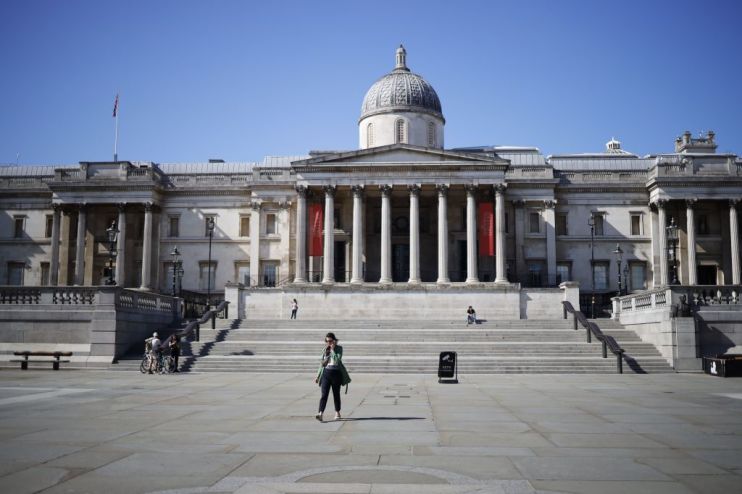Workers should work ‘four days on, 10 days off’ to ease coronavirus lockdown

The government should tell businesses to enact a “four days on, 10 days off” policy for workers once the coronavirus lockdown is eased, according to one of the UK’s leading chemical biologists.
Chair of chemical biology at Imperial College London Professor Keith Willison, writing for the neoliberal think tank Adam Smith Institute, said this cyclical plan would help avoid a second peak while getting the economy moving again.
The report, co-authored with the institute’s head of research Matthew Lesh, draws on similar cyclical work plans now used by Denmark, Austria and Germany.
It argues that the government should have three criteria to measure the success of its coronavirus lockdown exit strategy.
- If it minimises the risk of a second peak that overwhelms the NHS
- If it enables the “maximum possible return to business” and “education normalcy” while keeping people safe
- If it “provides “reassurance” to people’s safety concerns and has public support
Commenting on the report, Willison said: “The four,10 plan emerges from systems biology analysis of the virus life-cycle, underpinned by mathematics, bioscience and economics.
“We believe it could enable the UK to avoid the second spike [of coronavirus infections] at the same time as reactivating the economy.”
Lesh added: “If we wait too long to begin phasing out measures it will do irreconcilable damage to our economy, to our communities and people’s lives.
“It is possible to get back to work and school, even if only on a part time basis, while keeping people safe.”
Boris Johnson on Sunday will outline the UK’s plans for how the government will ease social distancing restrictions.
It is expected that some sectors, including construction, will be allowed to open up by the end of the month, with others told to continue working from home.
Alok Sharma has also drawn up plans for how the UK’s businesses will be able to open while still adhering to some social distancing guidelines.
The papers, leaked to the Financial Times, indicate that companies will be forced to keep gaps between employees and mark off two metre areas with flooring tape.
The plan proposes that communal areas like canteens will be forced to remain closed, lifts kept half-empty and screens installed to avoid face-to-face contact with customers.
The CBI would not comment on the leaked proposals, however the group’s deputy director Josh Hardie said on Sunday that there should be a “phased restart” of the economy.
“The restart must put health first, or it will risk sending the economy backwards. It must continue the government’s approach of flexibility within a framework,” he said.
“This means firms receive clear guidance and can move at speeds that suit their circumstances. Critically, it also means those who have already invested heavily in safety don’t have to start again.”
The British ChmBritish Chambers of Commerce (BCC) president Baroness Ruby McGregor-Smith also wrote to the Prime Minister on the weekend to urge him to sustain high levels of public spending to help the private sector recover from the coronavirus.
The BCC boss also called for a three-phase plan to ease restrictions, labelling them restart, rebuild and renew.
The first two phases involve a “a phased reopening of the economy” and “building resilience for firms and households” respectively.
This would involve a staggered opening of different parts of the private sector, while also implementing a strict testing and tracing regime to ensure there is not a second peak.